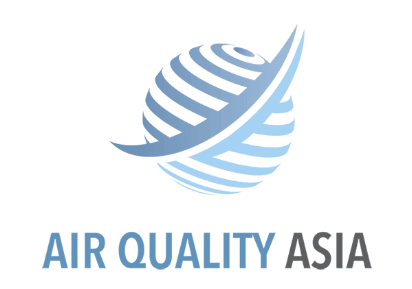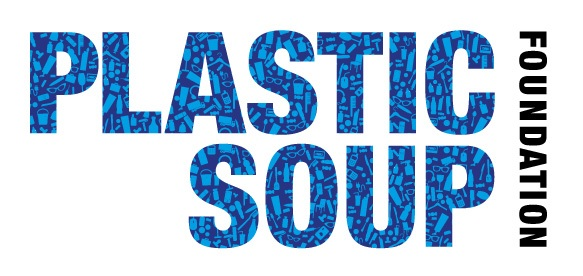More than 11 million tons of plastic pollute the oceans yearly. There is an urgent need to amplify current efforts through a more coordinated and ambitious approach. Asserts that a new international treaty on plastic pollution will benefit both the environment and business, and would complement existing initiatives –- accelerating global efforts to tackle the eradication of plastic pollution. To date thirty major businesses representing US$5.9 trillion in assets have signed a manifesto calling for a global treaty. The Treaty would establish a common structure it would set a clear direction and conditions by which organizations and individuals could make progress in addressing the problem. “Binding targets, together with national action plans and consistent measurement are needed to harmonize policy efforts, enhance investment planning, stimulate innovation and coordinate infrastructure development.”
The New Plastics Economy Global Commitment is an example of the limits that come from relying on voluntary compliance. More than 500 organizations have signed , setting clear targets to achieve a circular economy for plastic in which it never becomes waste or pollution. But, even though voluntary initiatives and national regulations have doubled over the last five years, plastic waste continues to leak into the environment at alarming rates.
The proposed treaty has five components:
- Target ocean pollution.
- Agree upon a harmonized set of definitions and standards.
- Agree on a common policy framework so that all parties would understand their responsibilities
- Agree on reporting metrics and methodologies
- Build the capacity of the signees to execute their commitments and achieve desired results
The analysis concludes that global private enterprise would receive a number of benefits from signing the treaty:
- Supply chain costs would decline because companies would be facing a consistent set of policies across government boundaries.
- Stabilized policy framework to plan investments and reduce compliance scanning costs.
- Simplified reporting across the plastic value chain and greater transparency to better manage reputational risks.
- Improved coordination across the value chain enables circularity in business.
[NB: An agreement on plastics would facilitate free trade.]




